Gehner’s academic career includes advancing power electronics and crafting new extraterrestrial vehicles for MRover. She received the IEEE Power and Energy Society Scholarship for her promising future in power and energy.
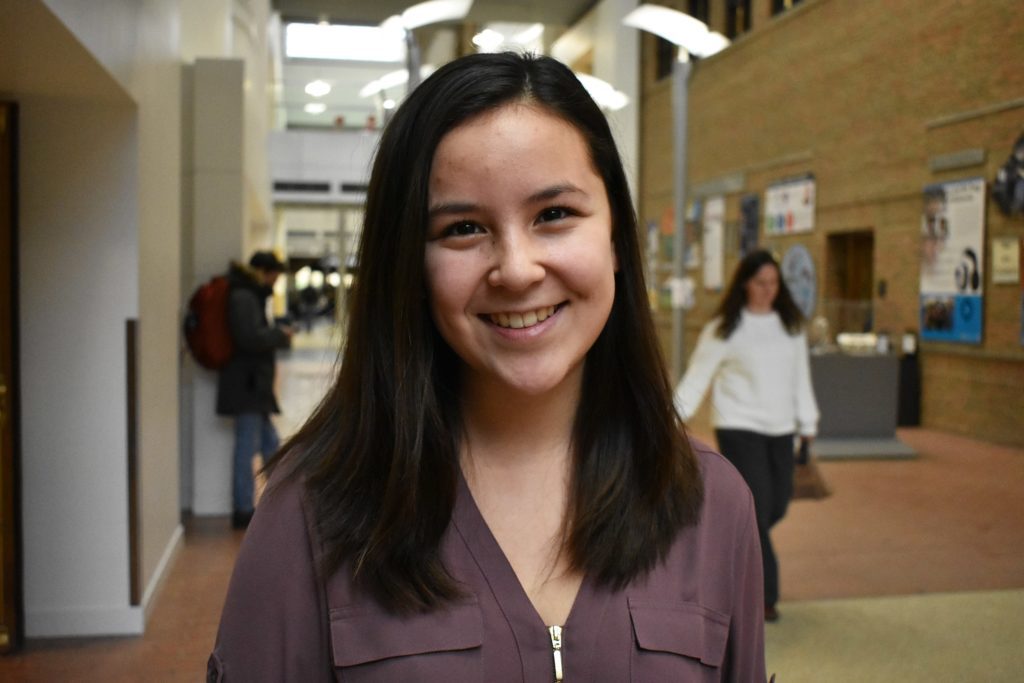

Gehner’s academic career includes advancing power electronics and crafting new extraterrestrial vehicles for MRover. She received the IEEE Power and Energy Society Scholarship for her promising future in power and energy.
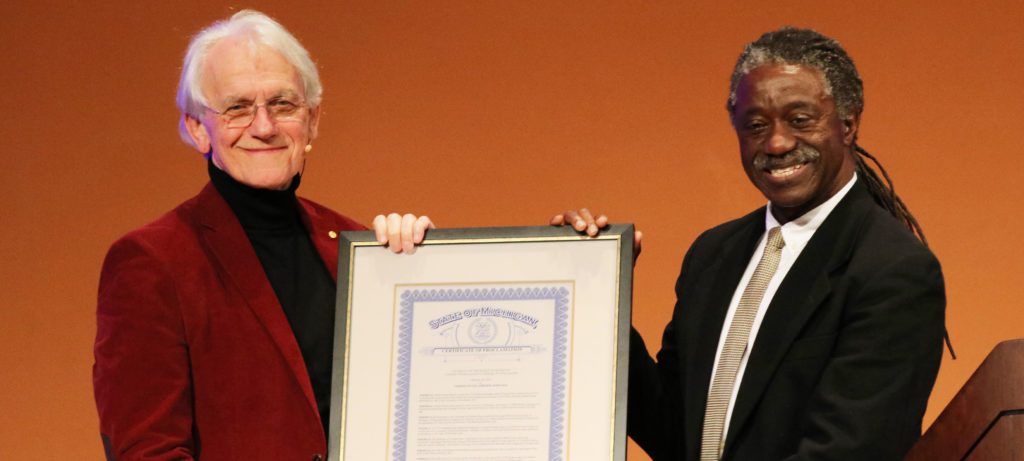
Gérard Mourou, Professor Emeritus of EECS, returned to campus to discuss winning the Nobel Prize and his work in high-intensity optics.
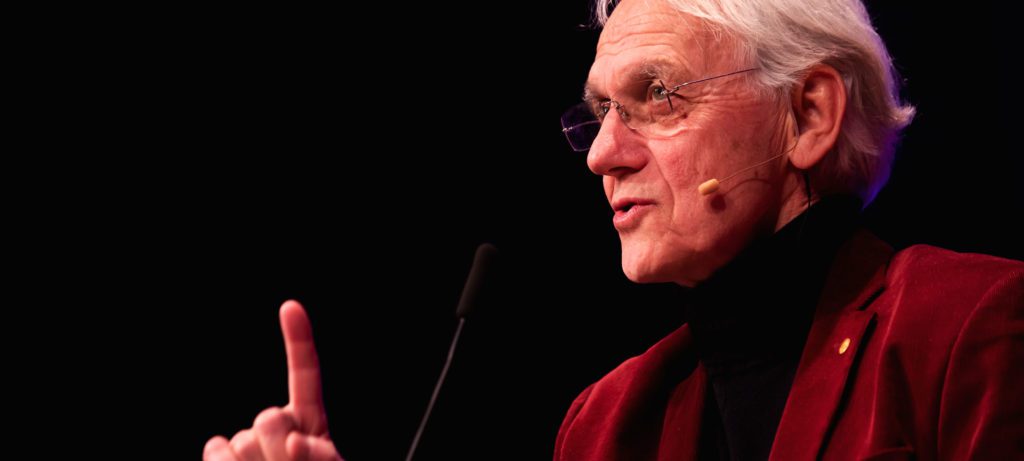
Lasers of tomorrow might neutralize nuclear waste, clean up space junk and advance proton therapy to treat cancer, says Gerard Mourou.
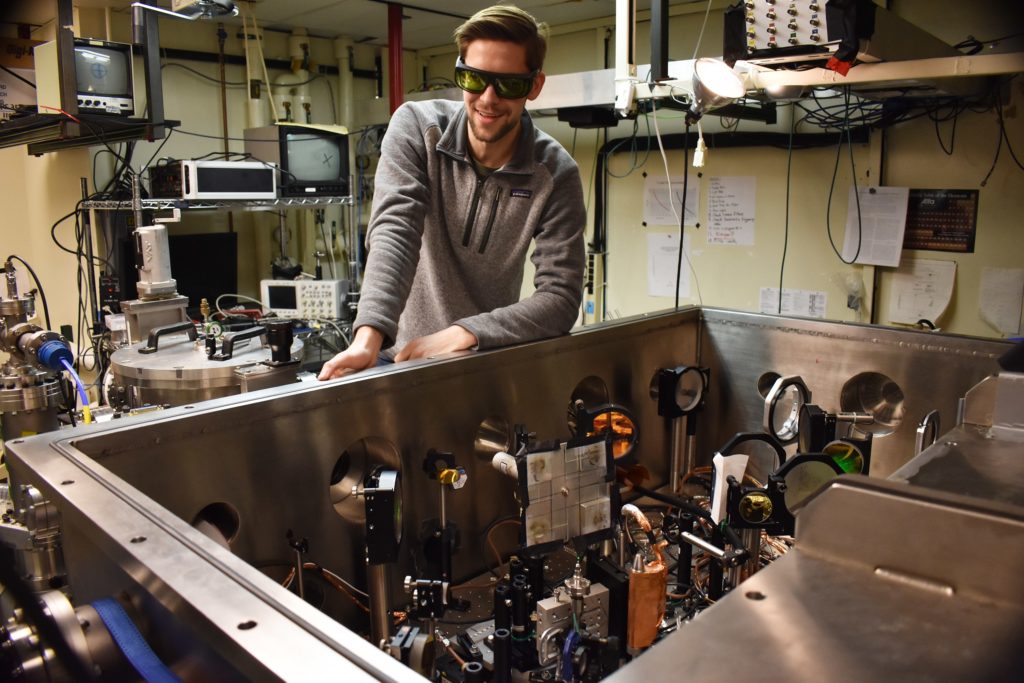
PhD student Brandon Russell is awarded the Rackham International Student Fellowship for his research on magnetic fields in high-energy plasmas, which could help advance the development of clean energy and our understanding of energetic astrophysical phenomena.
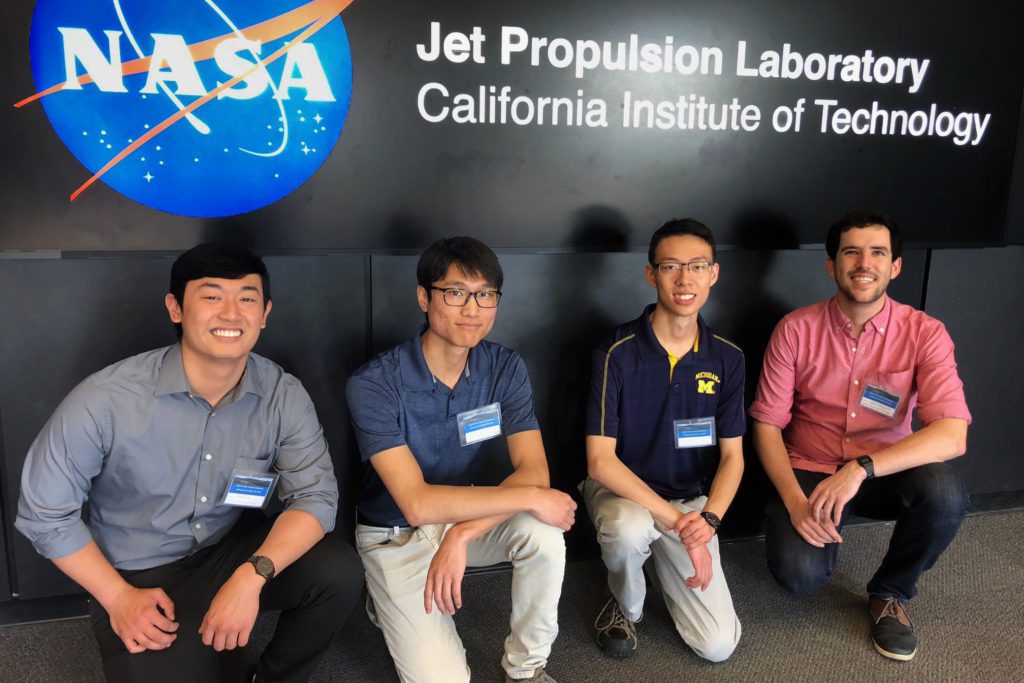
Havel Liu is working on a project to revolutionize satellite systems, improving communications during natural disasters and providing a blueprint for receiving future interplanetary voicemails
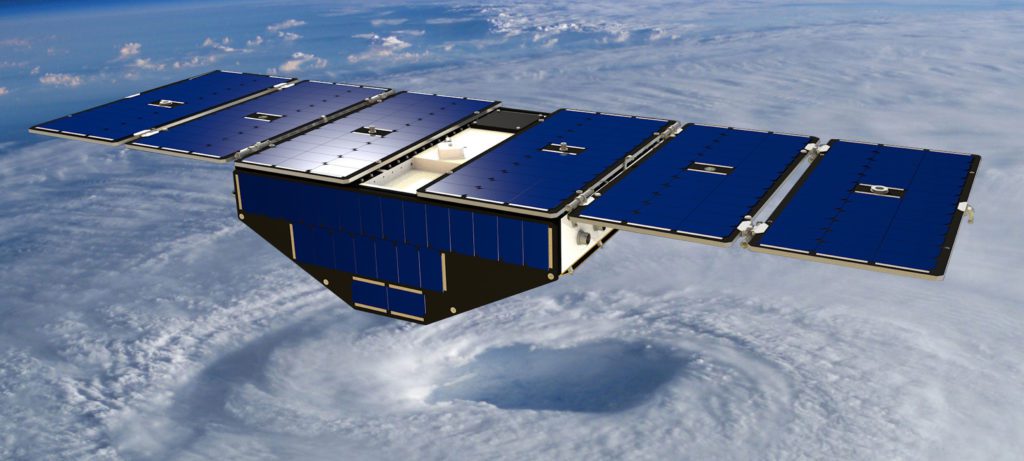
To dial in on exact wind speeds, researchers needed to reverse engineering the signals from satellites.
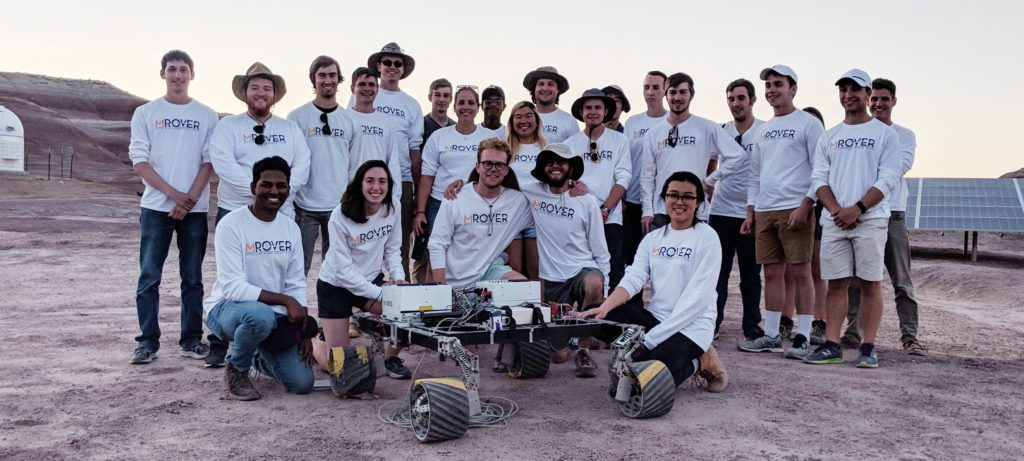
This year’s model, “Phoebe,” received a major design overhaul that gave her a speed boost and new codebase that can be used for years to come.
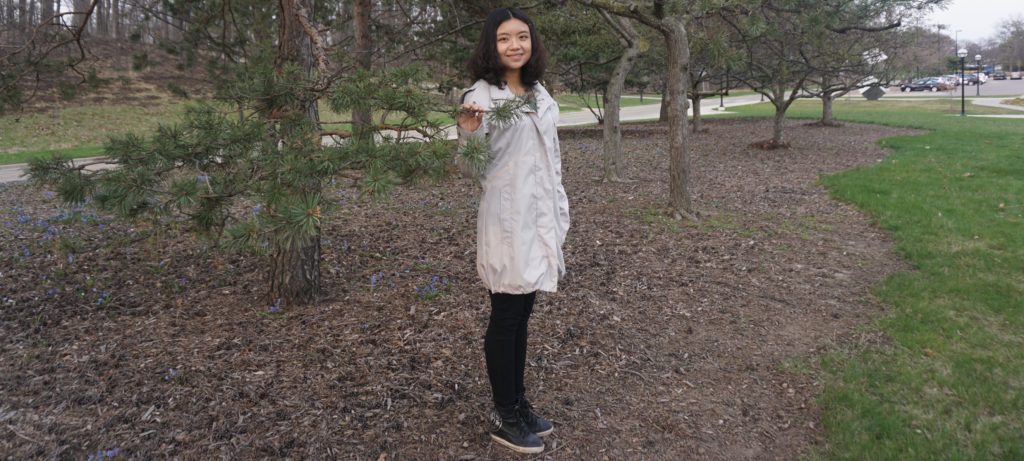
An award-winning modeling method will help us better understand our natural environment
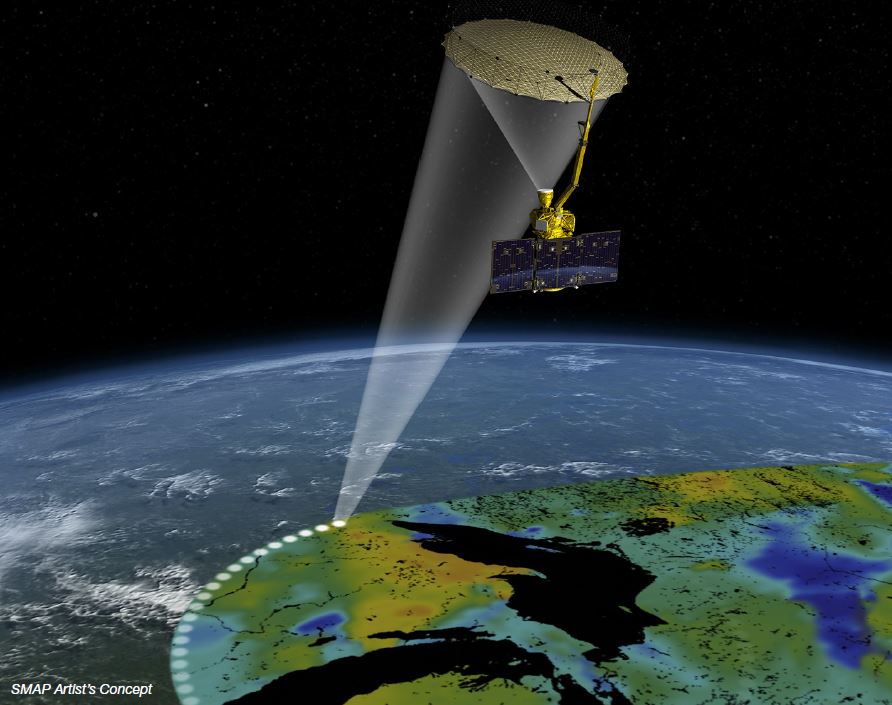
The satellite mission to collect global data of surface soil moisture can help weather forecasting around the world.
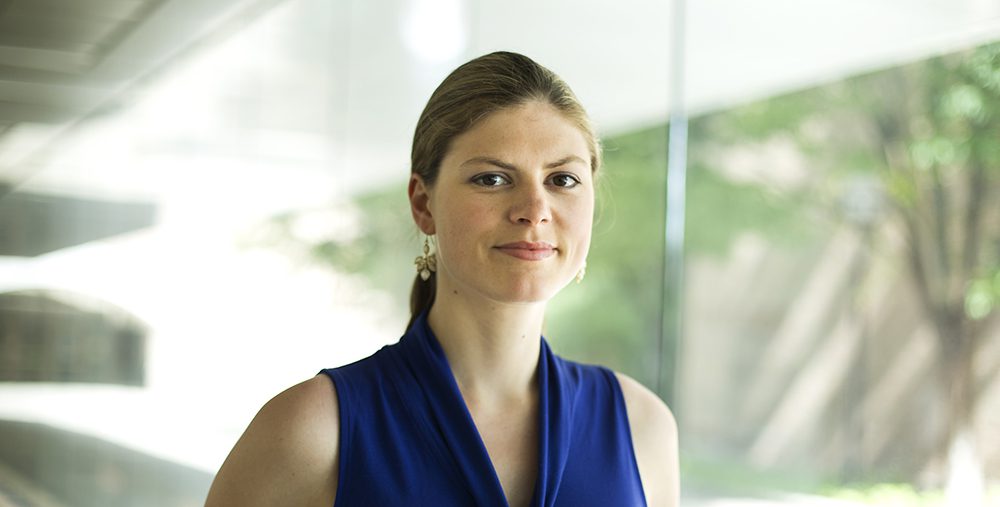
Using some of the best lasers in the world, Willingale is shedding light on the impact of solar events on Earth.